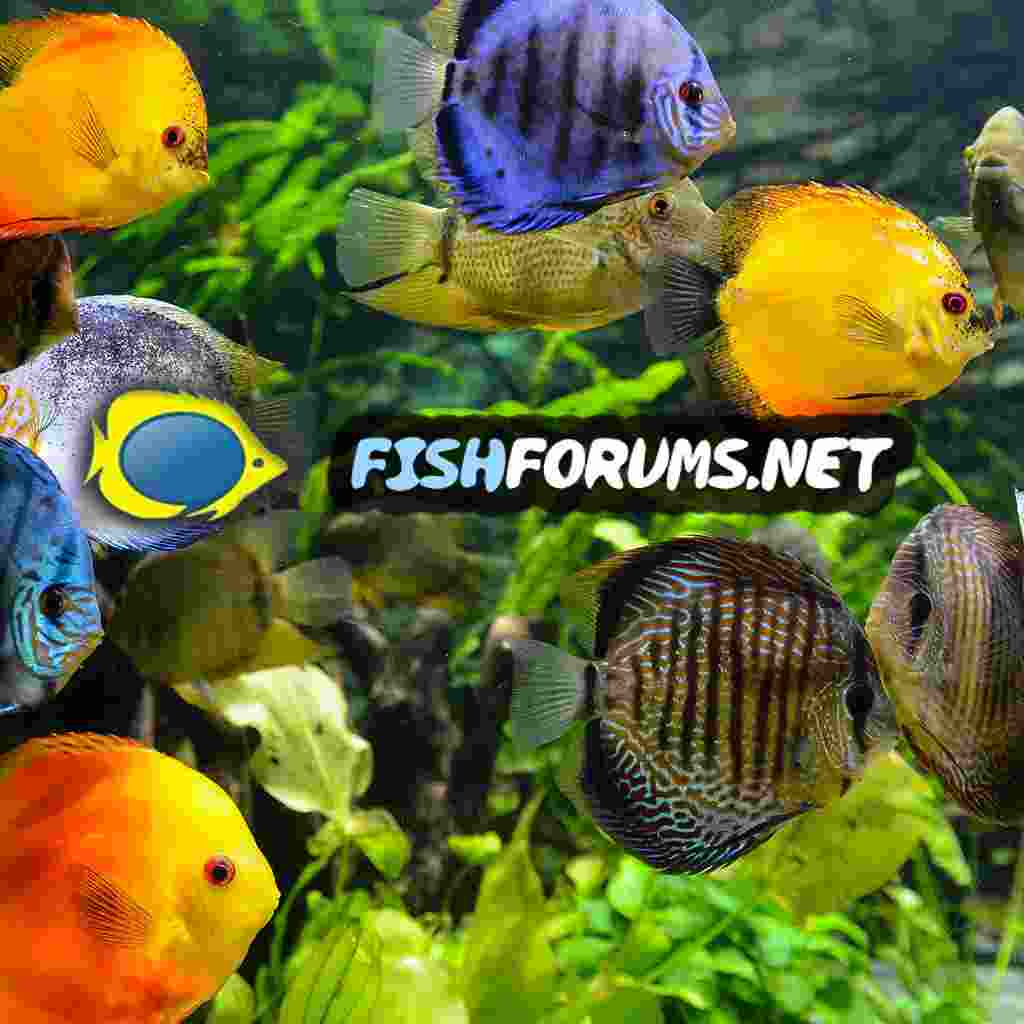Use gloves until you have used up the bloodworm or get someone else to pop a block of frozen bloodworm in the tank. Make sure they wash their hands with soapy water after they handle the bloodworms so you don't get cross contaminated from them touching you or something you touch.
Blackworms are generally fine and I don't know of anyone who is allergic to them. However, I do know of a number of people that are allergic to frozen bloodworms. Some brands of frozen bloodworm are worse than others. The people I knew that were allergic did not have a reaction when using frozen bloodworms that had been irradiated. they did have issues with cheaper brands of bloodworms that had not been irradiated. It should state on the packet if it has been irradiated. The irradiating process kills a lot of bacteria and microscopic organisms on the bloodworms.
Tubifex worms can be an issue to some people but that is due to where the Tubifex are found (normally in sewerage ponds). However, you don't normally see frozen Tubifex worms for sale, they are normally live. Blackworms are cleaner.
Pea puffers will eat most things that are meat based and that includes insect larvae like bloodworms and small nematodes (worms) like blackworms, although blackworms can reach a couple of inches in length and are probably too long for pea puffers. They might eat them but you will need to try and see if they can. Frozen blackworms will probably work better because the puffers can bite pieces out of the cube rather than trying to swallow entire live blackworms.
You can also try them on live or frozen daphnia & brineshrimp, Mysis shrimp, prawn/ shrimp, bits of fish, octopus/ squid, and most other marine based foods or insects/ insect larvae. None of these foods should cause an allergy except maybe shellfish if you have a shellfish allergy.




